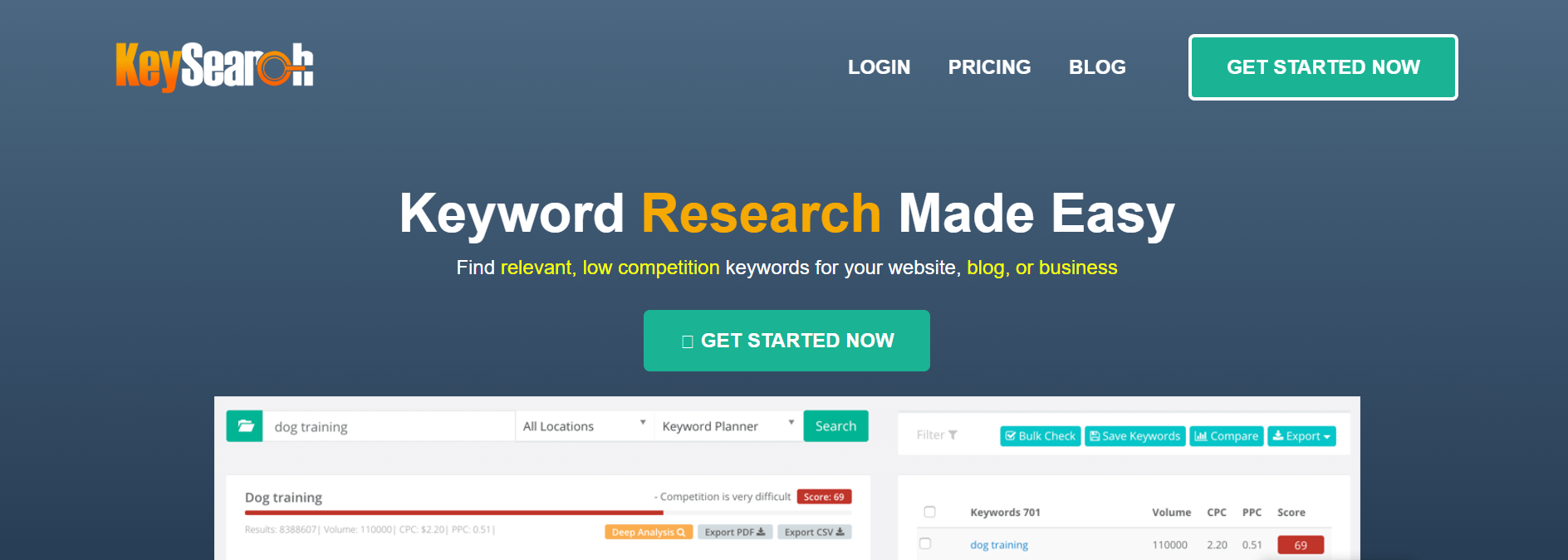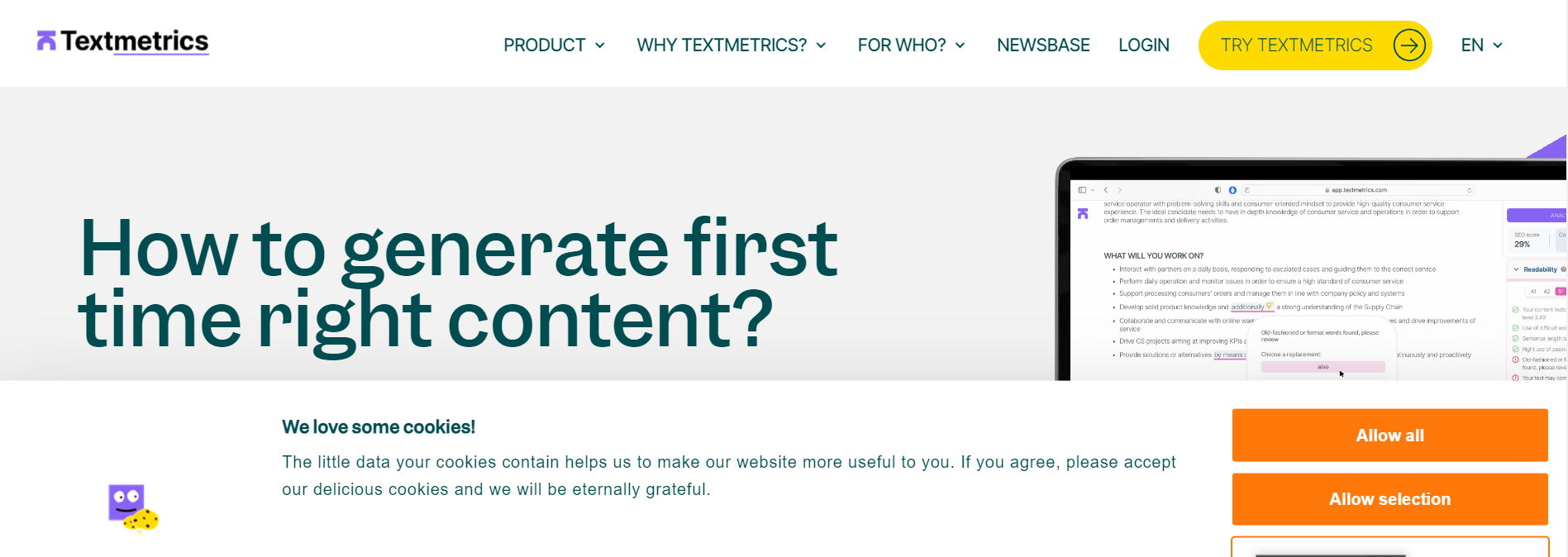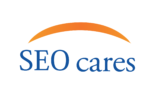Semantic SEO is about going deeper than just regular keywords.
It’s about understanding and fulfilling the true intent behind users’ searches.
To do this, we use special tools called Semantic SEO tools.
They help us find words that connect to what people are searching for and make our content stronger. In this article, we’ll explore the top 11 Semantic SEO tools.
These tools make our content better and help our websites show up more in search results.
Why Use Semantic SEO Tools?
Following are a few reasons to use semantic SEO tools:
Enhanced Relevance:
Semantic SEO tools help you understand user intent better, enabling you to create content that aligns with what users are really searching for, making your website more relevant.
Comprehensive Content:
These tools suggest related keywords and topics, allowing you to create comprehensive content that covers a broader range of user queries and needs.
User-Centric Approach:
Semantic SEO tools focus on catering to user needs, which not only satisfies visitors but also encourages longer engagement and repeat visits.

Future-Proof Strategy:
As search engines evolve to understand user intent and context.
Using semantic SEO tools ensures your content remains aligned with these advancements, keeping your website relevant and competitive.
How to Use Semantic SEO Tools
To use semantic SEO tools, you first need to research and pick the keywords and phrases that you want to target.
Once you have identified your keywords, you can use the semantic SEO tools to find related keywords and phrases.
You can then use these related keywords and phrases throughout your website content, including in your title tags, meta descriptions, headers, and body content.
Top Semantic SEO Tools
Here’s a list of the Semantic SEO Tools you can use to:
- Enhance your content’s relevance
- Understand user intent
- Improve your website’s search performance
Keysearch
Keysearch is a semantic SEO tool used to find keywords and uncover related terms known as Latent Semantic Indexing (LSI) keywords.
The best thing about Keysearch is that it doesn’t require the sign-up process to use and find LSI keywords.
Keysearch also offers competition analysis, backlink tracking, rank tracking, and YouTube research for effective content optimization.

Clearscope:
Clearscope analyzes top-ranking search results for a given keyword and provides recommendations for related terms, topics, and content that should be included to improve the semantic relevance of your content.
MarketMuse:
MarketMuse offers content optimization and competitive analysis by analyzing the semantic relevance of your content and suggesting improvements to align with user intent and search engine requirements.
LSIGraph:
LSIGraph generates a list of Latent Semantic Indexing (LSI) keywords for a given keyword.
These keywords are semantically related to the main keyword and can help improve the content’s relevance. This is the best semantic keyword tool so far.
Textmetrics:
Textmetrics provides real-time content analysis and optimization suggestions based on the latest SEO trends, ensuring that your content is semantically relevant and well-optimized.

Serpstat:
Serpstat is an all-in-one SEO platform that includes a “Clustering” feature, which groups keywords by their semantic similarity.
This helps you create content that comprehensively covers related topics.
WordLift:
WordLift uses semantic technologies like linked data to help you organize your content and make it more understandable to both users and search engines, enhancing your website’s SEO.
Topic:
Topic is a content optimization tool that analyzes top-ranking pages for a target keyword and provides recommendations for content improvements to match the semantic context of those pages.
SEMrush:
SEMrush offers a suite of SEO tools, including a “Topic Research” feature that helps you discover related topics and questions, aiding in the creation of comprehensive and semantically-rich content.

InLinks:
InLinks uses entity-based SEO to identify key entities within your content and suggests relevant terms to include, enhancing the semantic context and helping search engines understand your content better.
SurferSEO:
SurferSEO provides content analysis and recommendations based on the semantic patterns of top-ranking pages, helping you optimize your content to match the context and intent of search queries.

Summing it Up
These tools are like magic helpers that allow writers, marketers, and website owners to create content that really connects with people and search engine algorithms.
The top 11 tools we talked about show that keeping up with changes in how searches work and using these tools can make a big difference.
As the SEO world keeps changing over time, using the power of semantics helps your content stand out and perform well in searches.
FAQs about Semantic SEO Tools:
What is Semantic in SEO?
Semantic in SEO refers to the use of related keywords and phrases to improve the ranking of a website in search engine results pages (SERPs).
This is done by understanding the meaning of the content on a website and how it relates to other content on the web.
What is semantic search?
Semantic search is like a smart search. It understands the meaning of the search query and provides results that are more relevant to the user’s intent.
This is done by using artificial intelligence and natural language processing to analyze the query and identify the underlying concepts.
What is an example of semantic SEO?
An example of semantic SEO would be using related keywords and phrases throughout a website’s content, such as in the title tags, meta descriptions, headers, and body content.
This helps Google understand the meaning of the content and rank it higher for relevant searches.
What is the difference between semantic SEO and SEO?
The main difference between semantic SEO and SEO is that semantic SEO focuses on the meaning of the content, while SEO focuses on the keywords.
Semantic SEO is a more advanced form of SEO that can help websites rank higher in SERPs for more relevant searches.
What is an example of a semantic keyword?
An example of a semantic keyword would be “dog food“.
This is a single keyword, but it can be related to other keywords and phrases, such as “best dog food“, “dog food reviews“, and “cheap dog food“.
By using these related keywords and phrases throughout a website’s content, the website can improve its ranking for the keyword “dog food” and other related searches.
How to do semantic content writing?
Here are some tips for doing semantic content writing:
- Look for the keywords you want to focus on.
- Place related keywords and phrases throughout your content.
- Always use natural language and avoid keyword stuffing.
- Write informative and engaging content that is relevant to your targeted audience.
- Optimize your content for search engines but the user always comes first.
- Track your results and make adjustments as needed.
By following these tips, you can create semantic content that will help you improve your website’s ranking in search engines.
More Content on SEO Tools:
24 Best Amazon SEO Tools To Help in Amazon SEO
25 Amazon Keyword Research Tools To Boost Your Sales
Best SEO Tools For Etsy: Supercharge Your Etsy Shop
26 Best SEO Reporting Tools and Software in 2023
25 Best SEO Tools For Freelancers: Boost Your Career
18 SEO Tools for eCommerce Sites: Stay Ahead of the Competition
16 SEO Tools for Google Sheets to Maximize Your SEO Potential


